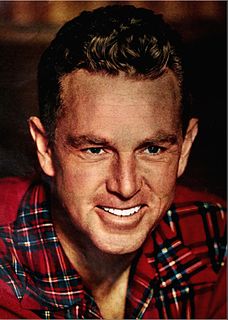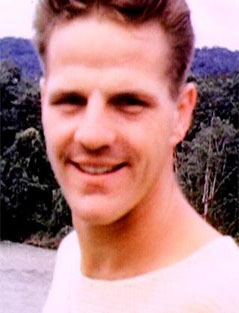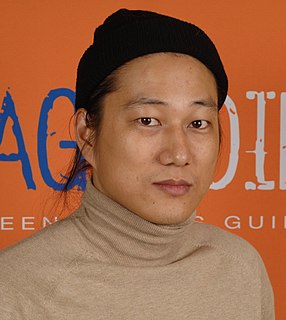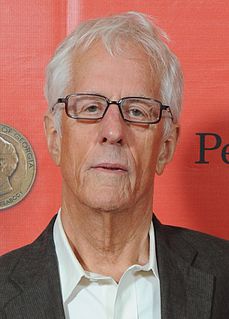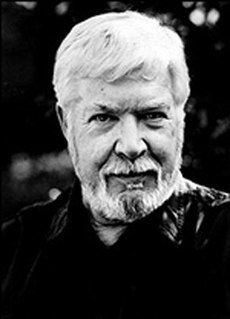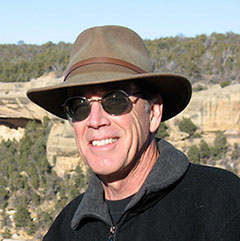A Quote by Sterling Hayden
Once I tried to do Jack London's 'Sea Wolf' as a picture. I wanted to film most of the scenes at sea but ran into opposition from those who wanted studio sets.
Related Quotes
Nobody could catch cold by the sea; nobody wanted appetite by the sea; nobody wanted spirits; nobody wanted strength. Sea air was healing, softening, relaxing - fortifying and bracing - seemingly just as was wanted - sometimes one, sometimes the other. If the sea breeze failed, the seabath was the certain corrective; and where bathing disagreed, the sea air alone was evidently designed by nature for the cure.
I really didn't know what I wanted to do. I went to art school and tried a bunch of different things, but I knew I wanted to do something in the visual arts. And I'd always been around my dad's film sets, so the interest was there. But I didn't have the guts to say, "I want to be a director," especially coming from that family.
I wanted a metamorphosis, a change to fish, to leviathan, to destroyer. I wanted the earth to open up, to swallow everything in one engulfing yawn. I wanted to see the city buried fathoms deep in the bosom of the sea. I wanted to sit in a cave and read by candlelight. I wanted that eye extinguished so that I might have a chance to know my own body, my own desires. I wanted to be alone for a thousand years in order to reflect on what I had seen and heard - and in order to forget.
once upon a time all the rivers combined to protest against the action of the sea in making their waters salt. "When we come to you," sad they to the sea, "we are sweet and drinkable; but when once we have mingled with you, our waters become as briny and unpalatable as your own." The sea replied shortly, "Keep away from me, and you'll remain sweet.
The men loved jokes, though they had heard each one before. Jack's manner was persuasive; few of them had seen the old stories so well delivered. Jack himeself laughed a little, but he was able to see the effect his performance had on his audience. The noise of their laughter roared like the sea in his ears. He wanted it louder and louder; he wanted them to drown out the war with their laughter. If the could should loud enough, they might bring the world back to its senses; they might laugh loud enough to raise the dead.
Every time I look at it, It looks back at me I love the sea, its waters are blue And the sky is too And the sea is very dear to me If when I grow up and the sea is still there Then I’ll open my eyes and smell the fresh air Because the sea is very dear to me The sea is very calm and that’s why I like it there The sand is brand new and the wind blows in my hair And the sea is very dear to me.
